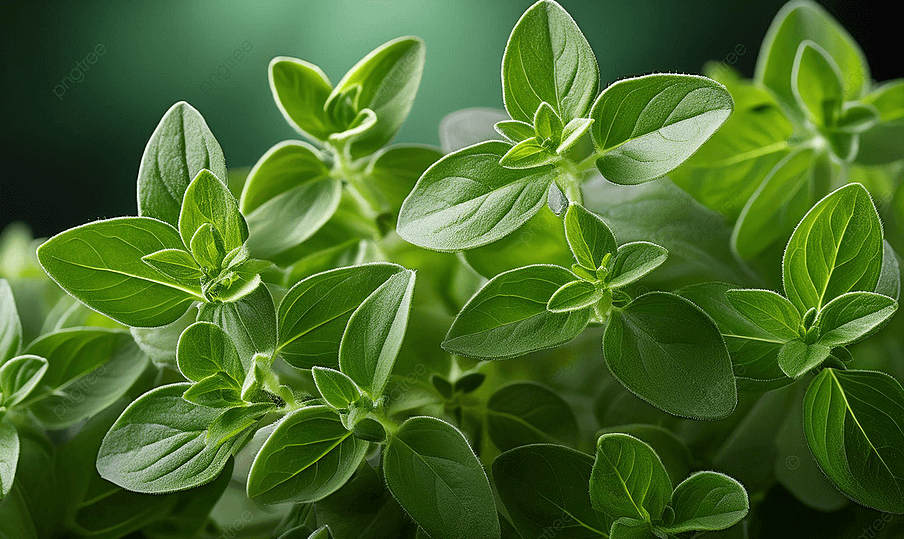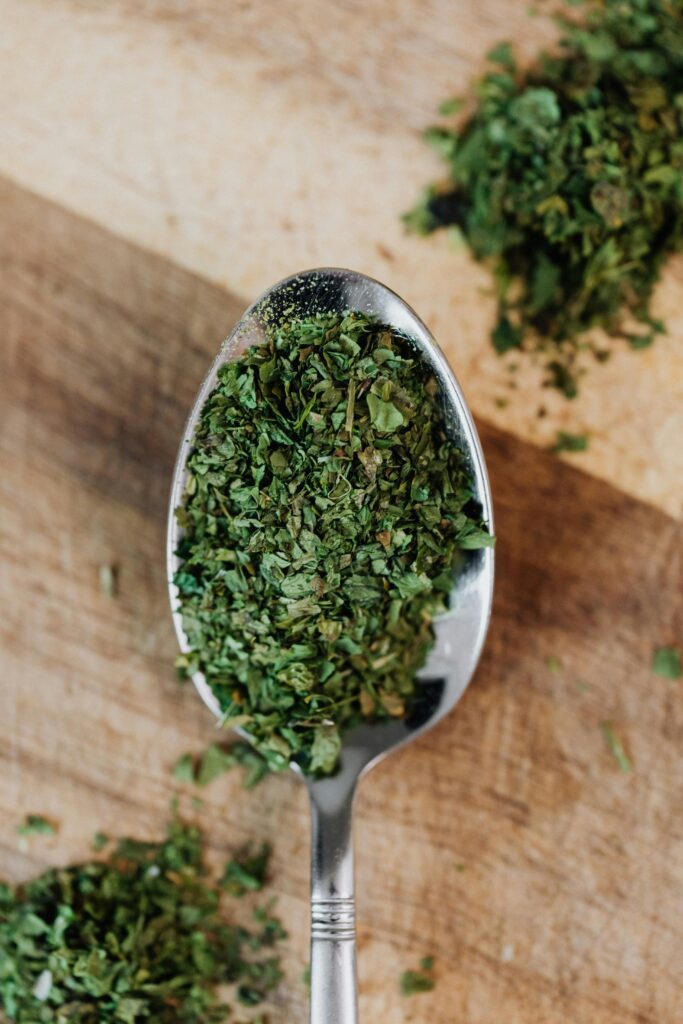Introduction
Oregano is so much more than a kitchen herb. With its earthy aroma and bold flavor, this spice carries centuries of history and healing tradition. Beyond food, oregano offers surprising health benefits backed by science.

In this blog, we’ll explore oregano’s origins, its versatile uses in cooking, and its proven health benefits. We’ll also highlight insights from Healing Spices by Dr. Bharat B. Aggarwal, a trusted guide to the medicinal power of herbs and spices.
The Origins of Oregano: A Herb with Ancient Roots
Oregano (Origanum vulgare) is part of the mint family, Lamiaceae. Its name comes from the Greek words oros (mountain) and ganos (joy), meaning “joy of the mountains.”
This herb thrived in the sunny hills of the Mediterranean, especially in Greece and Italy. Ancient Greeks believed oregano was a gift from Aphrodite. They used it in weddings as a symbol of joy and prosperity. Romans valued oregano too—using it to season food, preserve meat, and even treat ailments.
Over time, oregano spread across Europe and then to the Americas. Today, it’s grown worldwide. Still, Mediterranean oregano remains the most prized thanks to its rich aroma and intense flavor.
Oregano in the Kitchen: A Culinary Powerhouse
Oregano’s flavor is bold, slightly bitter, and aromatic. Some describe it as sweet and spicy with a hint of camphor. This complexity makes it a versatile spice for everyday cooking.
Popular Culinary Uses
- Mediterranean Cuisine: Greek salads, Italian pasta sauces, and Spanish tapas all use oregano.
- Mexican Cuisine: Found in chili powders, salsas, and marinades.
- Herb Blends: Essential in Italian seasoning, herbes de Provence, and za’atar.
- Infusions: Added to oils, vinegar, and teas for extra flavor.
Cooking Tips
- Fresh vs. Dried: Fresh oregano is mild and best for garnishes. Dried oregano is stronger and works better in cooked dishes.
- Timing: Add dried oregano early in cooking so the flavor blends. Add fresh oregano at the end to preserve its aroma.
- Pairings: Works beautifully with garlic, tomatoes, basil, thyme, rosemary, cumin, and paprika.

Top Health Benefits of Oregano (Backed by Science)
Oregano is not just tasty—it’s a healing spice. Packed with antioxidants, anti-inflammatory agents, and natural antimicrobials, it has many health benefits. Let’s break them down:
1. Rich in Antioxidants
- Contains rosmarinic acid and thymol that fight free radicals.
- Protects cells from damage linked to aging, heart disease, and cancer.
👉 Tip: Add oregano to soups or roasted vegetables for an antioxidant boost.
2. Natural Antimicrobial
- Carvacrol fights bacteria like E. coli and Salmonella.
- Oregano oil helps fight fungal infections such as Candida.
👉 Tip: Use diluted oregano oil on small cuts for natural protection.
3. Anti-Inflammatory Effects
- Beta-caryophyllene helps reduce swelling and pain.
- Rosmarinic acid calms inflammation in the gut and joints.
👉 Tip: Drink oregano tea to ease digestive discomfort or joint pain.
4. Supports Digestion
- Acts as a natural carminative—reduces gas and bloating.
- Encourages healthy gut bacteria.
👉 Tip: Add oregano to beans or lentils to improve digestion.
5. Boosts the Immune System
- Its antioxidants strengthen natural defenses.
- Oregano oil may reduce cold and flu symptoms.
👉 Tip: Sip oregano tea at the first sign of a cold.
6. Promotes Respiratory Health
- Thymol works as a natural decongestant.
- Relaxes the airways, easing coughs and wheezing.
👉 Tip: Inhale steam with oregano oil to clear sinuses.
7. Supports Healthy Skin
- Fights acne-causing bacteria.
- Helps wounds heal faster.
👉 Tip: Mix oregano oil with coconut oil and apply to problem areas.
8. Possible Cancer-Fighting Properties
- Research shows carvacrol and thymol may trigger cancer cell death.
- May slow the growth of breast, prostate, and colon cancers.
👉 Tip: Regularly cooking with oregano may offer protective benefits.
Simple Recipes with Oregano
🍵 Oregano Tea
Ingredients:
- 1 tsp dried oregano (or 2 tsp fresh)
- 1 cup hot water
- Honey or lemon (optional)
Instructions:
- Steep oregano in boiling water for 5–10 minutes.
- Strain, then add honey or lemon if desired.
- Drink warm to support digestion and immunity.
🥗 Mediterranean Oregano Dressing
Ingredients:
- ½ cup olive oil
- 2 tbsp red wine vinegar
- 1 garlic clove, minced
- 1 tsp dried oregano
- Salt and pepper to taste
Instructions:
- Whisk ingredients together in a bowl.
- Use on salads, grilled vegetables, or chicken.
Fun Facts About Oregano
- Ancient Egyptians used it in embalming and as a disinfectant.
- Planting oregano in gardens helps repel insects.
- There are over 40 species of oregano worldwide.
- In ancient Greece, oregano symbolized joy and good fortune.
Conclusion: Embrace the Joy of Oregano
Oregano is much more than a seasoning. It’s a symbol of joy and a powerful healing spice that supports your health in many ways. From boosting immunity to easing digestion and fighting infections, oregano has earned its reputation as a natural medicine.
👉 The next time you sprinkle oregano on pizza, brew it into tea, or mix it into a salad dressing, remember—you’re not just adding flavor. You’re adding centuries of healing wisdom to your plate.
How do you use oregano in your life? Share your favorite way in the comments!
Frequently Asked Questions About Oregano
1. What are the main health benefits of oregano?
Oregano is rich in antioxidants, anti-inflammatory compounds, and natural antimicrobials. It supports digestion, boosts immunity, and may help fight infections and chronic diseases.
2. Can oregano help with colds and flu?
Yes. Oregano tea or oregano oil capsules may reduce symptoms thanks to their antiviral and antibacterial effects.
3. Is oregano better fresh or dried?
Both are beneficial. Fresh oregano is mild and works best in salads or garnishes, while dried oregano is stronger and ideal for cooking.
4. How do you make oregano tea?
Steep 1 tsp dried oregano (or 2 tsp fresh) in hot water for 5–10 minutes. Add honey or lemon for flavor.
5. Are there side effects of oregano oil?
Yes, if overused. Oregano oil should always be diluted before applying to skin. Large amounts may cause stomach upset. Pregnant or breastfeeding women should consult a doctor before taking oregano supplements.
